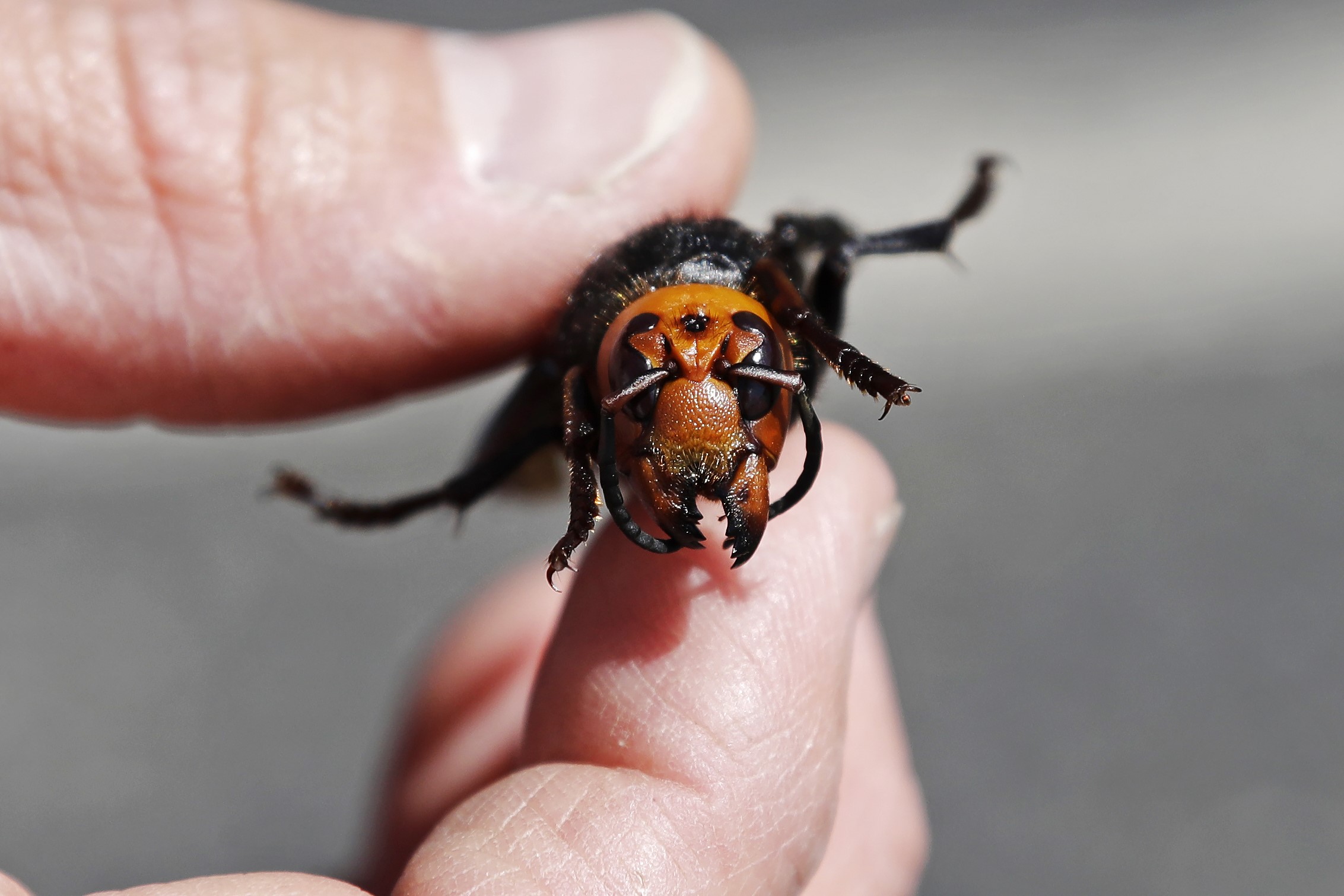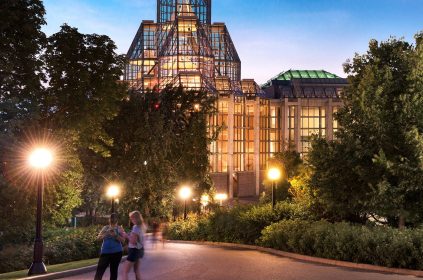Aaron Fairweather has 27 colonies of ants to keep happy in the living room by getting the temperature, humidity and light just right although the environment at home may not feel quite as comfortable as in a lab.
The PhD entomology student from the University of Guelph said it was the only way to continue collecting data as COVID-19 puts a damper on research and labs can’t be used.
Fairweather, like several other scientists, is trying to make the best of the summer when researchers typically spend long hours outdoors collecting data in the field.
“It’s a pretty bleak year for research,” Fairweather said. “There will be a gap in the knowledge.”
Fairweather had been planning an intensive research project on ants since last fall but said a lack of the usual resources could mean a setback for an entire year.
“I have to wait till next year, probably, to be able to get in and do the active experiments that I wanted to do.”
While the data collected from the colonies of ants at home could help, that type of research is not feasible for many scientists so a gap in research might mean data could be skewed or years of work have to be thrown out, Fairweather said.
Arthur Fredeen, a professor in the Natural Resources and Environmental Studies Institute at the University of Northern British Columbia, said he is concerned about teaching field work.
His ecology class this fall requires working with students taking measurements and observations in the field, he said.
“I’ve had to grapple with the technologies that can help me deliver the course online, even though it will be quite challenging to do so in an adequate way.”
Pascal Lee won’t be testing equipment and studying rocks in the high Arctic this month, likely for the first time in nearly 25 years.
The chairman of the Mars Institute and a planetary scientist with the California-based SETI Institute does research on Devon Island because its surface resembles the “red planet.”
This year his team planned on testing a new space suit and an “astronaut smart glove.”
The group hopes to make it to the island in September but if that falls through, their equipment may have to be tested in the United States.
“Missing a summer for us means missing a year,” he said.
The choice for some researchers is between losing out on a year of data collection through field work and adapting to quarantine on a boat for a month.
The director of the University of British Columbia’s Marine Mammal Research Unit will be doing the latter with eight researchers as they continue a study from last year to determine if there is a shortage of chinook salmon for southern resident killer whales.
Andrew Trites said the researchers are creating their own bubble on the boat, starting with a two-week quarantine period before they board the vessel in mid-August.
Everybody is “a little paranoid,” Trites said.
“In the end if the pandemic doesn’t kill us, maybe being confined together will,” he said laughing. “It’ll be quite a challenge.”
On a similar research trip last year, scientists got off the boat after docking and went into cities and towns, but that won’t happen this year, he said.
Only one person, masked and gloved, will be allowed to leave the wooden boat called Gikumi to get supplies while the vessel is refuelled.
“We’re going to be packed a little bit like sardines but everybody has a job on the boat,” he said, noting team members are aware of the effect the quarantine period might have on their mental health although being able to see the horizon may help.
Field work is important, Trites said because there is an element of biology, which can’t be done without being near animals.
While computers and mathematical models make projections and look at probabilities, he said answers to some questions can come only by observing animals in their natural habitat and recording what’s going on to make meaningful comparisons and draw conclusions.
What the team will miss, Trites said, is the interaction with researchers on other boats.
One of the biggest losses this research season may be the generation of new ideas, reflection, and the “ability to brainstorm together to solve biological mysteries,” he said.
“So, we’ll be waving at other researchers whom we know from a distance, and hoping there will be an opportunity in six months, a year, year-and-a-half, where you can finally sit down together and have much more meaningful conversations.”
This report by The Canadian Press was first published Aug. 1, 2020.
Hina Alam, The Canadian Press













